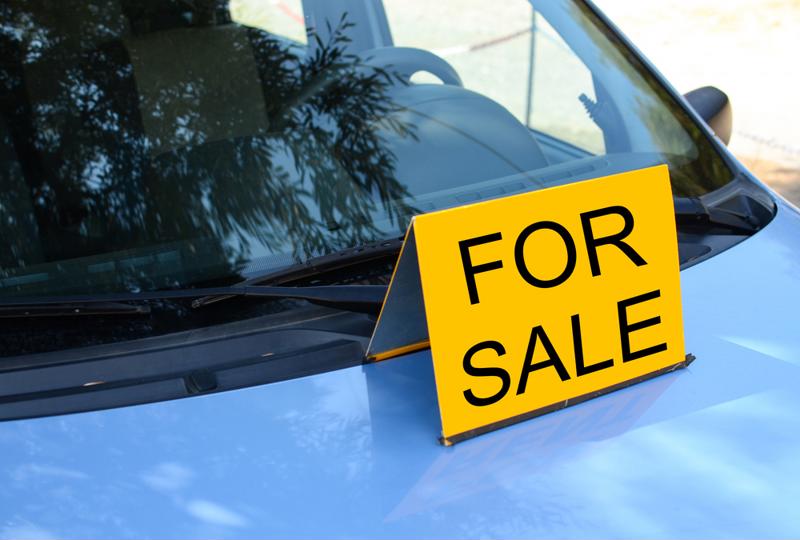Lemons seem to be on everyone's mind since Beyonce released her latest album album. However, in the car world, lemons are not as fierce as Queen B makes them out to be. In fact, buyers should be wary of dealers who try to sell them "lemons." Lemon cars are vehicles "that have a substantial defect covered by the warranty that occurred within a certain period of time or number of miles after you bought the car, and can not be fixed after a reasonable number of repair attempts," according to NOLO.com. The source reported that about one percent of all the vehicles sold in the United States each year qualify as lemons. Though lemon cars aren't as big of a concern for buyers as they once were, people should still know how to spot them.
Do a thorough inspection
Most people will be able to spot a questionable car immediately, but some damage is harder to catch. If you're buying a used car, do an inspection of the interior and exterior.
Interior – You should be wary of cars that smell of mold or mildew. This can be a sign of faulty window seals or past flooding. You should also check the dashboard system to ensure all the gauges work correctly. Frayed seatbelts and worn pedals are also signs of high mileage.
Exterior – The paint job is a good indication that work has been done to the body of the car. If you notice mismatching or slightly varying paint, it can be a signal to you that the car required maintenance. Checking the tires, suspension and engine for signs of visible damage is also a smart idea.
 By inspecting the car thoroughly and using your best judgment, you can lower your risk of getting stuck with a lemon.
By inspecting the car thoroughly and using your best judgment, you can lower your risk of getting stuck with a lemon.Conduct a car history report
Even if your dealer isn't being honest with you, a car history report will be. Either request this from the seller or find one yourself online. These reports will inform you if your car has ever been involved in an accident or recall, undergone heavy maintenance or been repossessed. It will include information that a dealer may neglect to tell you if you don't ask outright. CarFax and Lemon Checks are two great websites for accessing vehicle history reports.
Only buy from a reputable dealer
The surest way to avoid purchasing a lemon is to work with a dealer that has an excellent service record. Take the time to carefully research different car sellers online. You can read customer reviews and compare competitors. The more research you do, the more comfortable you will feel knowing that you're working with someone trustworthy.
No one wants to purchase a vehicle they love only to find out that they've been duped. Knowing how to spot lemon cars could prevent buyers from getting stuck with a useless ride. If for some reason you do end up with a lemon, the DMV has a full list of the Lemon Laws in every state.



